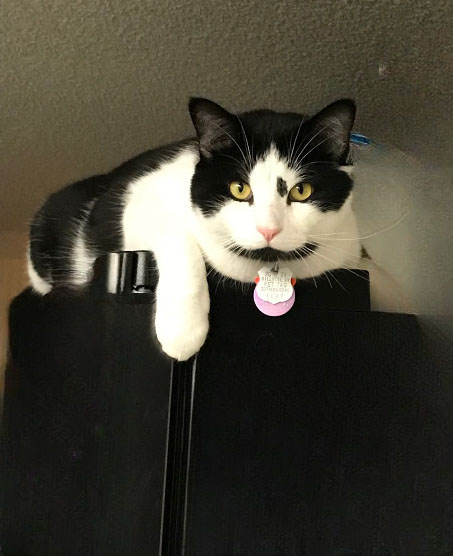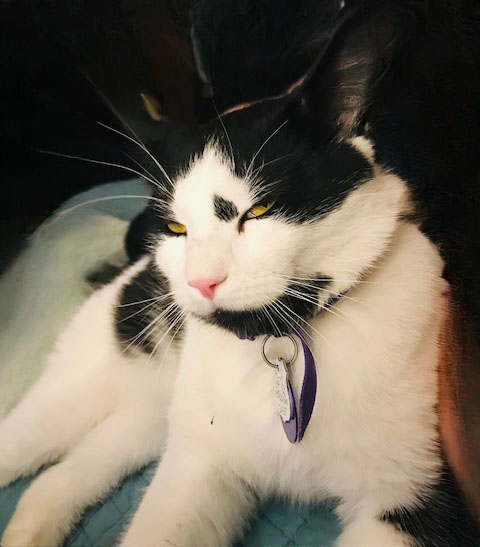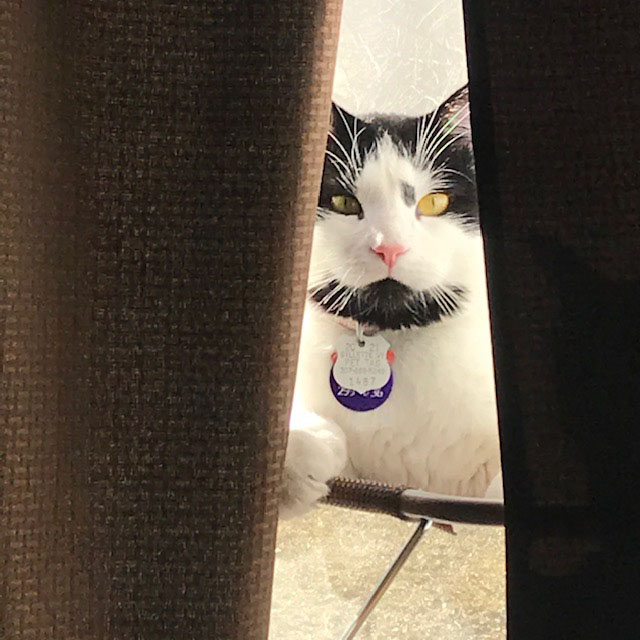Working with the ADHD Brain
I have a blank space in my brain between the trip to London in the spring and OMG kids (not mine) are going back to school. I think it’s called summer-oh no-what happened-it’s-fall. It’s been hotter than ever in my corner of the U.S., highest temp on the back porch was 111—in the shade. Daily it was 90 to 100 with the 90s hitting about 9 a.m. Needless to say I didn’t get much done outside the house except scanning the horizon for wildfires. Now it’s almost November and I’m still wearing shorts and a t-shirt. Still scanning for wildfires.

Inside, however, is another story. Lots of writing going on. My ADHD brain decided to juggle the sequel to one contemporary fantasy novel, a second epic fantasy novel, and poems all at the same time. I’m holding multiple characters in my head, and you know what? It’s working. Such is the superpower of ADHD. Compartmentalizing and switching tracks on a moment’s notice. I wish I had seen it as a superpower long ago instead of a detriment as I was told.
It also holds the ability to hyper-focus, allowing me to actually do one paragraph and more outlines of chapters. Me, outlining more than a sentence. (Checks outside for flying pigs. Who would be crispy bacon in the heat.) It’s helped lock in that compartmentalizing part of my brain. If I got stuck on one story, I hopped to the other. Or poetry. Or some artwork. (Housecleaning, not so much.) Rinse, repeat.

I used Scrivener to do the outlining because I really like the corkboard function. It’s probably what trolled me over to the dark side. (Outlining). Then I slowly came around to other methods of outlining after a nifty fiction writers meeting. They helped explain what each part of the outlining method was supposed to do. And I understood it! Finally! I think combining the showing part of the presentation, examples, and hearing it aloud helped tremendously. I’But never fear, I still pants some of my chapters when the outline isn’t quite loosey goosey enough. So the best of both worlds, really.
I haven’t quite adapted to using Scrivener for the actual writing part. (Or Auto Crit) I think too many years of using Word makes it the more comfortable option. Technology—including air conditioning—has made this a season—or two seasons rather—to get serious writing done. I usually look forward to winter for writing, trapped in the house is prime time to let the percolating thoughts loose. But right now it falls to fall to be my vizualization time. The cool mornings, hot afternoons, and cool to cold nights fit my fickle brain perfectly. So I’ll stay in my bubble and crank out more words. Then we’ll see how ADHD brain handles editing this time around. Despite the flip-flopping thought process, perfectionism is still a thing. How do you multitask? Does perfectionism get in the way of your writing?
Outside Links
Why people with ADHD make great writers
Links to More of My Essays on Writing
Writing in Dual POVs (or more)
A Meditation on Walking and Writing
Using Weaving for Bursts of Writing Creativity
Find More Essays on My Non-Fiction Tab








